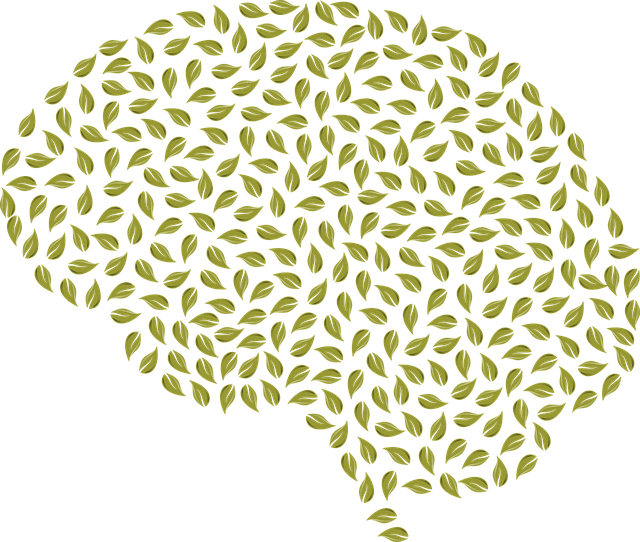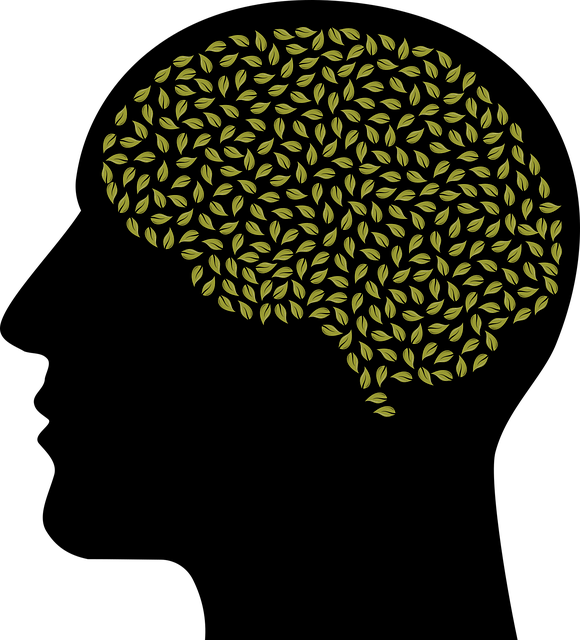Aurora Developmental Disability Therapy provides essential Crisis Intervention Team (CIT) training, empowering professionals to handle mental health crises effectively. Their program combines theoretical knowledge with practical skills, including active listening, de-escalation techniques, and crisis debriefing protocols, through role-playing scenarios and real-life case studies. The holistic approach emphasizes emotional well-being for both individuals and support personnel, fostering empathy and resilience. Through interactive training and self-care routine development, Aurora CIT programs ensure prompt, compassionate, and efficient crisis management, enhancing mental health outcomes in communities.
In today’s complex social landscape, crisis intervention teams (CITs) play a vital role in support systems, especially for vulnerable populations. Effective CIT training programs are essential to ensure a coordinated and compassionate response to crises. This article explores the critical need for such training, delving into its benefits for both individuals and communities. We highlight key components of successful programs, practical strategies for diverse scenarios, and real-world applications from Aurora Developmental Disability Therapy, showcasing how comprehensive training empowers teams to navigate complex situations with empathy and expertise.
- Understanding Crisis Intervention Teams: A Necessary Role in Support Systems
- The Importance of Training for Effective Response and Prevention
- Key Components of a Comprehensive Crisis Intervention Team Program
- Practical Skills and Strategies for Handling Diverse Crises
- Case Studies: Real-World Applications and Success Stories from Aurora Developmental Disability Therapy
Understanding Crisis Intervention Teams: A Necessary Role in Support Systems

Crisis Intervention Teams (CITs) play a pivotal role in support systems, especially for individuals with developmental disabilities like those served by Aurora Developmental Disability Therapy. These teams are designed to provide immediate and effective assistance during times of crisis, ensuring that individuals receive the help they need promptly. CIT members, often comprising professionals from various backgrounds such as healthcare, social work, and law enforcement, are trained in specialized conflict resolution techniques tailored to de-escalate high-stress situations.
The integration of Positive Thinking and Mental Health Awareness is a cornerstone of CIT training. By fostering an environment that promotes understanding and empathy, these teams can effectively manage crises without resorting to aggressive interventions. Through rigorous training programs, professionals learn to recognize warning signs, communicate sensitively, and implement strategies that prioritize safety while upholding the dignity and rights of individuals in crisis.
The Importance of Training for Effective Response and Prevention

Effective crisis intervention team (CIT) training is paramount for addressing mental health and developmental disability challenges within communities. Programs like Aurora Developmental Disability Therapy emphasize comprehensive CIT training to empower individuals, families, and support networks with essential skills for timely and appropriate response. By equipping participants with Mind Over Matter principles and positive thinking techniques, these initiatives foster an environment that reduces the Mental Illness Stigma Reduction Efforts, promoting understanding and compassion towards those facing crises.
Well-structured training goes beyond knowledge transfer; it nurtures empathy, builds resilience, and encourages proactive prevention strategies. Through interactive simulations, role-playing scenarios, and evidence-based practices, CIT team members learn to de-escalate situations effectively, providing immediate support while connecting individuals to long-term care solutions. This holistic approach not only ensures a swift and humane response but also paves the way for better mental health outcomes and enhanced community well-being.
Key Components of a Comprehensive Crisis Intervention Team Program

A comprehensive crisis intervention team program should incorporate several key components to ensure effective support for individuals facing severe crises, especially those with developmental disabilities. At Aurora Developmental Disability Therapy, we emphasize the importance of tailored training that addresses unique challenges and promotes positive outcomes.
Firstly, robust communication strategies are essential. This includes teaching team members active listening skills, clear and concise language, and non-verbal cues to effectively communicate with individuals in distress. Additionally, resilience building is a cornerstone of our program, focusing on equipping team members and the individual with coping skills development to navigate future challenges. Through role-playing scenarios, group discussions, and practical exercises, participants learn adaptive strategies to manage crises and promote emotional well-being.
Practical Skills and Strategies for Handling Diverse Crises

In crisis intervention team training programs like those offered by Aurora Developmental Disability Therapy, participants gain a toolkit of practical skills and strategies to handle diverse crises effectively. These programs equip team members with the ability to assess situations swiftly, implement tailored interventions, and support individuals in distress. The curriculum often includes evidence-based techniques such as active listening, de-escalation methods, and crisis debriefing protocols, ensuring that each team member is prepared to respond sensitively and competently.
Through role-playing scenarios and real-life case studies, compassion cultivation practices and emotional regulation strategies are integrated into the training. These components foster an empathetic environment, enhancing the team’s ability to connect with individuals in crisis while maintaining their own emotional well-being. The Mental Health Education Programs Design, which underpins these training initiatives, emphasizes holistic approaches to crisis intervention, nurturing not just the mind but also the heart and spirit of both the affected individuals and the support personnel.
Case Studies: Real-World Applications and Success Stories from Aurora Developmental Disability Therapy

At Aurora Developmental Disability Therapy, our crisis intervention team training programs stand out with their real-world applications and proven success stories. We draw upon a wealth of experience in collaborating with various organizations to equip their teams with the skills needed to navigate crises effectively. Our approach blends theoretical knowledge with practical strategies, ensuring professionals are well-prepared to handle challenging situations sensitively and efficiently.
Through case studies presented in our Mental Wellness Podcast Series Production, we showcase how our training has positively impacted individuals’ mental wellness. Participants learn from authentic scenarios, focusing on building confidence through self-care routine development for better mental health. These success stories not only highlight the effectiveness of our programs but also underscore the importance of continuous professional development in crisis intervention.
Crisis intervention team training is a vital component in fostering effective support systems, as highlighted by the successful implementation at Aurora Developmental Disability Therapy. By equipping professionals with practical skills and strategies, these programs enable swift and compassionate responses to various crises. Investing in comprehensive crisis intervention team training is not just beneficial; it’s essential for organizations aiming to enhance their ability to navigate and prevent challenging situations, ultimately improving outcomes for those in need.














